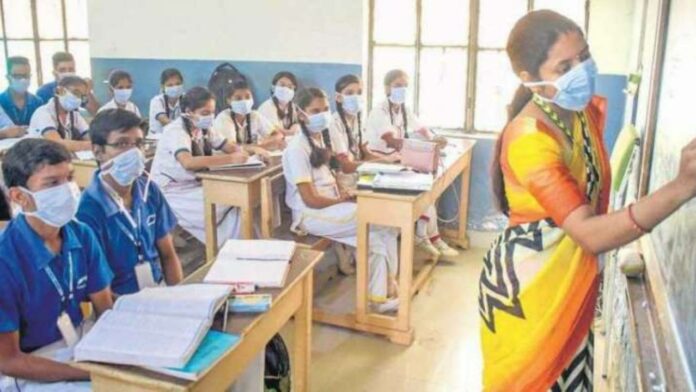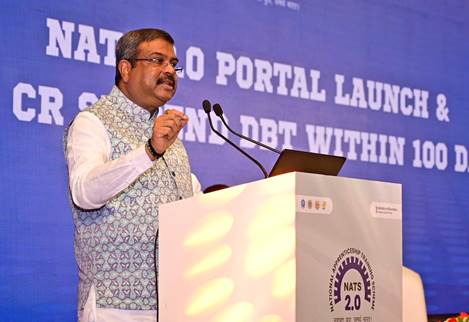August 12, 2024—The Ministry of Education is poised to release the much-anticipated National Institutional Ranking Framework (NIRF) 2024 today at 3 pm. The rankings, which will be available for public viewing on the official NIRF website (nirfindia.org), are expected to provide insights into the performance of higher education institutions nationwide.
Union Education Minister Dharmendra Pradhan will formally announce the NIRF Rankings 2024 during a press conference. As part of its ninth annual edition, the NIRF continues to rank institutions based on a set of rigorous criteria that evaluate teaching, learning, resources, research, graduation outcomes, outreach, inclusivity, and overall perception.
The NIRF 2024 will cover 13 distinct categories, including universities, colleges, research institutions, engineering, management, pharmacy, medical, dental, law, architecture and planning, agriculture and allied sectors, and innovation. These categories are designed to highlight excellence across diverse fields of study and research in India.
The NIRF methodology, developed by a Core Committee under the Ministry of Human Resource Development (MHRD), considers multiple parameters to ensure a comprehensive evaluation of institutions. The rankings not only serve as a benchmark for academic performance but also play a critical role in guiding students and parents in their educational choices.
In the 2023 rankings, the Indian Institute of Technology (IIT) Madras secured the top position in the ‘Overall’ category for the fifth consecutive year. The Indian Institute of Science (IISc) Bengaluru and IIT Delhi followed in second and third places, respectively. In the ‘Universities’ category, IISc Bengaluru maintained its leadership, with Jawaharlal Nehru University (JNU) and Jamia Millia Islamia ranking second and third.
Also read: NIRF Rankings 2022 released: Miranda House declared India’s best college, IIT Madras best institute
The NIRF rankings have seen participation from an increasing number of institutions each year. In 2023, a total of 5,543 higher education institutions were part of the ranking process, underscoring the growing significance of this national assessment framework.
As the nation awaits the release of the 2024 rankings, the spotlight will once again be on IIT Madras, which has consistently topped the charts in both the ‘Overall’ and ‘Engineering’ categories. Similarly, the Indian Institutes of Management (IIMs) in Ahmedabad, Bangalore, and Calcutta are expected to dominate the management category.
The announcement today is set to be a pivotal moment for educational institutions across India, as the rankings reflect not only their current standing but also their trajectory in contributing to the nation’s educational and research landscape.





























